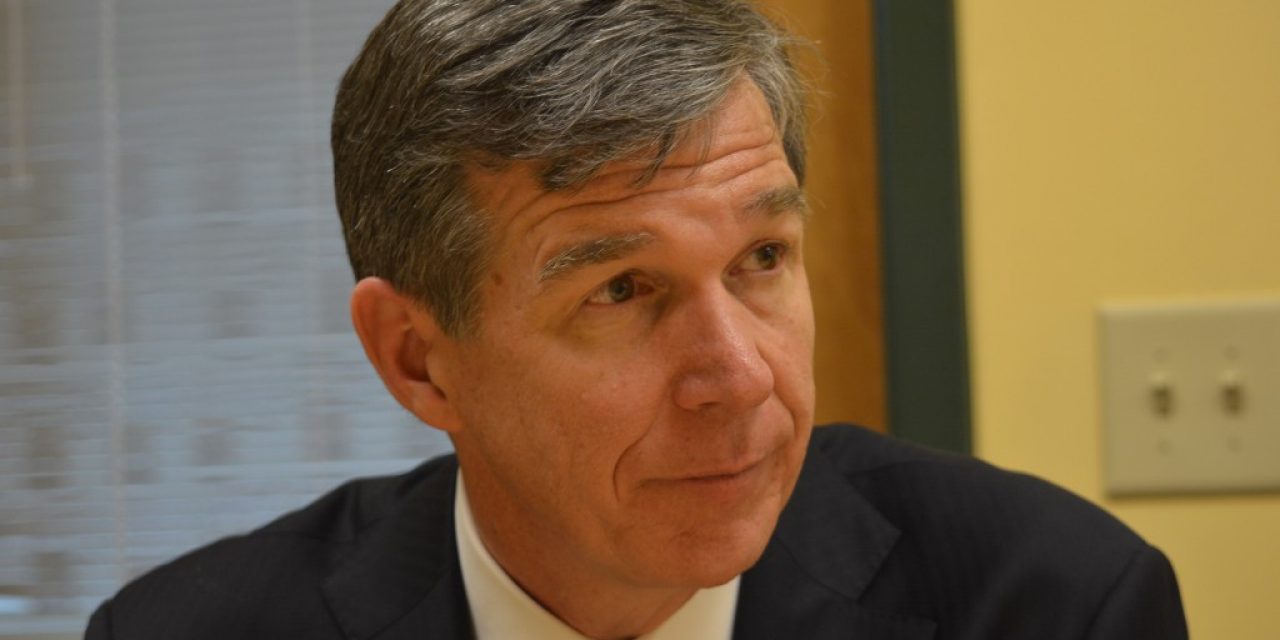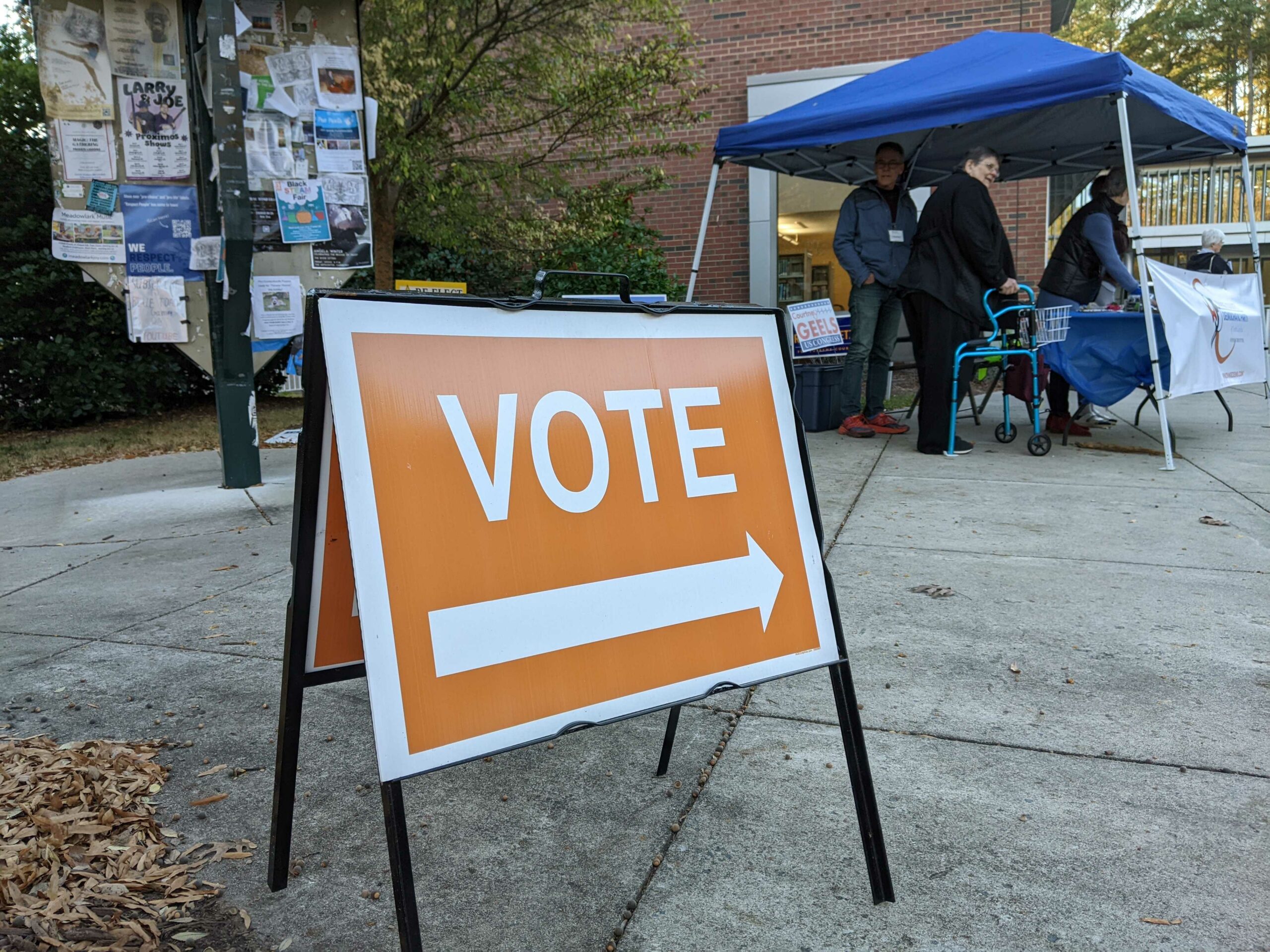RALEIGH, N.C. (AP) — North Carolina Gov. Roy Cooper on Wednesday chose the leader of a nonprofit foundation to fill out the new state elections and ethics board.
Cooper appointed Damon Circosta, executive director of the A.J. Fletcher Foundation, to become the board’s ninth and final member.
The Democratic governor late last week appointed eight of the members — four Democrats and four Republicans — from among six nominations apiece from the two parties.
The new state law creating the board required the eight members to meet and nominate two people, from whom Cooper would select one as the ninth board member. The law required the nominees to be registered with neither major party.
After several deadlocked 4-4 votes Wednesday morning on other nominee pairings and a one-week delay, the eight agreed unanimously to nominate Circosta and former Supreme Court Chief Justice Burley Mitchell. Both are registered unaffiliated voters. The final member could signal the tilt of the board until a new slate of members is appointed next year.
Circosta used to work for the North Carolina Center for Voter Education, which pushed for election and redistricting reforms. He also worked previously for Republican Sen. John McCain of Arizona and for Barack Obama’s election in 2008.
Before Cooper appointed Circosta late Wednesday, Republican Party officials and their allies were unhappy that he might join the board. The state GOP put out a release calling him a “far-left liberal activist that is partisan in every way other than registration.”
But Cooper spokesman Ford Porter called Circosta “a qualified choice who was put forward unanimously by the Democrats and Republicans on the board.” Ford criticized Republicans for trying “to rig the rules of a system they’ve already gamed.”
Cooper sued last week over the law approved by the GOP-led legislature creating the latest iteration of the Bipartisan State Board of Elections and Ethics Enforcement.
Two previous versions of the board since December 2016 have been struck down by courts, and Cooper said the third version is unconstitutional as well because it attempts to prevent him from ensuring a majority of members share his views. But he went ahead and made appointments, rather than try to delay the new law, because his office said a board needed to be in place to administer upcoming elections.







Comments on Chapelboro are moderated according to our Community Guidelines